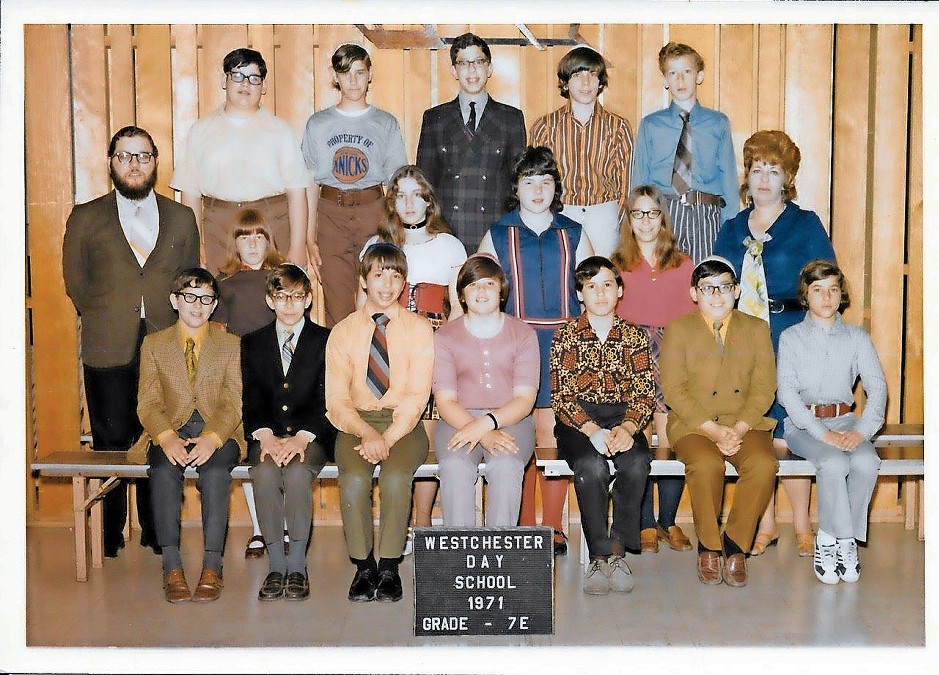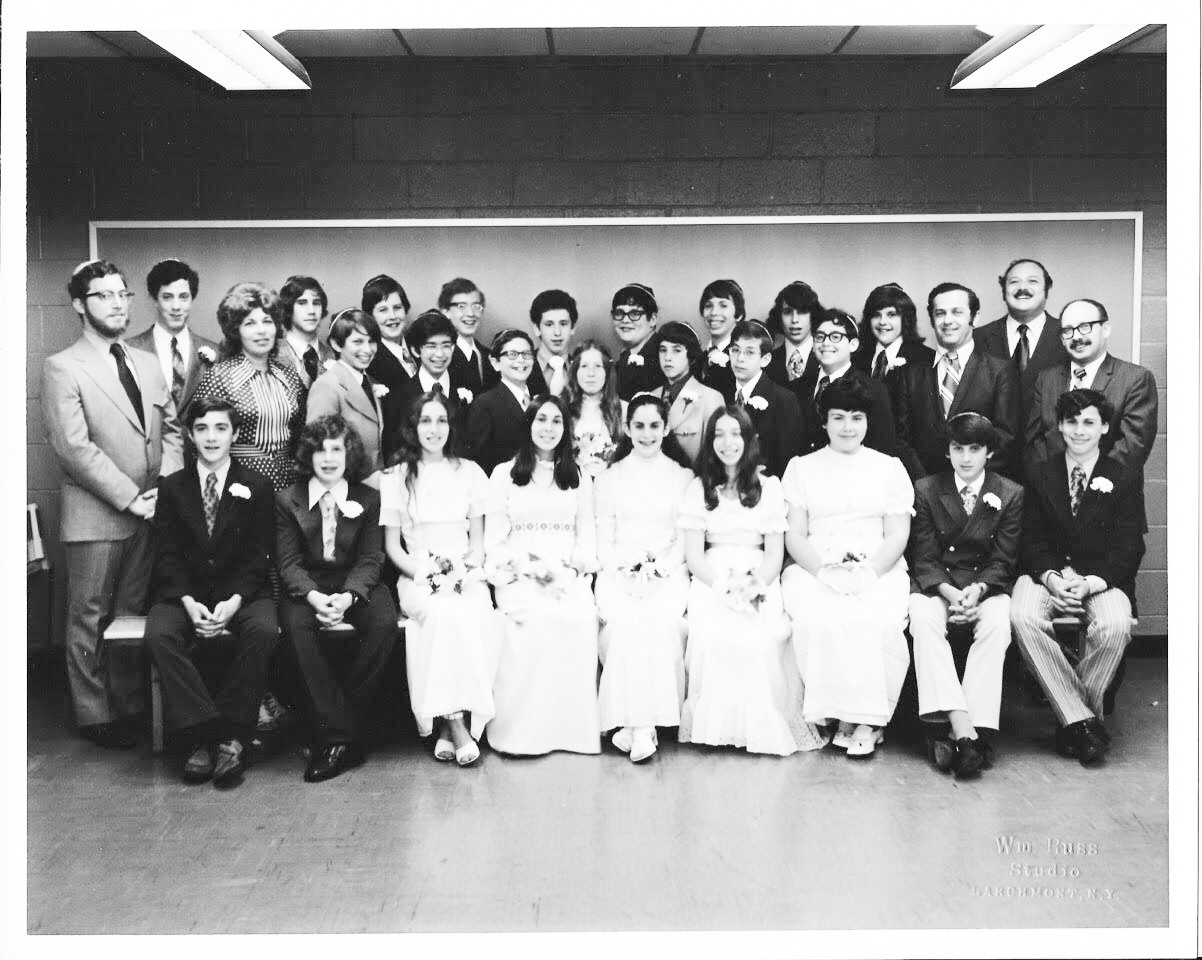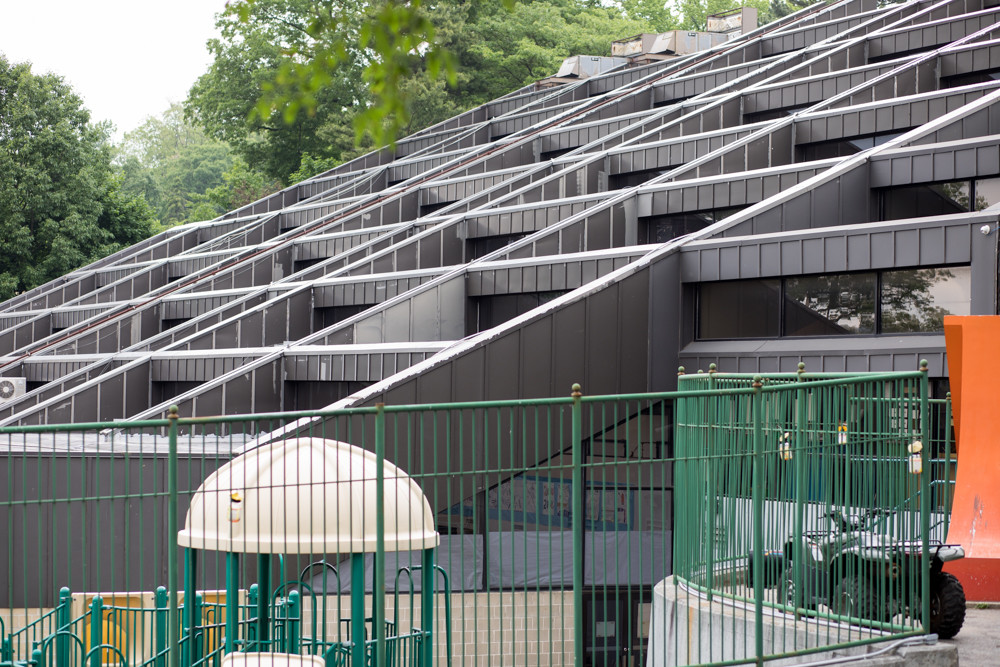SAR enmeshed in abuse scandal
Stanley Rosenfeld spent years teaching and serving in the administration of three prominent private schools before finally, in 2001, he plead no contest to two counts of child molestation.
But even some 17 years later, former students are still coming forward over alleged abuse from decades past. It’s abuse that, even if it happened today, private schools like those Rosenfeld once worked at — Westchester Day School, The Ramaz School and Salanter Akiba Riverdale Academy — are not required to disclose to authorities.
Lawmakers in Albany are trying to push forward a bill that would force private schools to adhere to the same reporting guidelines public schools do, but that bill lingers in committee.
Yet, while SAR Academy avoided being pulled too deep into the controversy back then, new allegations have since surfaced from one former SAR student who said he was victimized by Rosenfeld — prompting the school to take a deeper look into the now-fallen educator’s time there.
“Sadly it has come to our attention that SAR students may have been subject to sexual abuse at the hands of a former teacher/administrator in the 1970s,” SAR administrators sent to parents in a letter earlier this year. “A recent email from a former student reported abuse that was perpetrated by Stanley Rosenfeld, a former SAR Academy teacher and administrator. Rosenfeld was the assistant principal for general studies at SAR Academy in the 1970s.”
That student, who the school didn’t identify, is not alone. This past June, Michael Rabin, an alum of Westchester Day School in Mamaroneck, came forward with claims he was molested by Rosenfeld before the teacher was shipped off to another private school.
State laws then and now made Westchester’s failure to disclose the issues to authorities completely legal. The law allows schools to handle such accusations as they deem fit — including providing transfers to other unsuspecting institutions.
“It seems absurd that any institution would be allowed to field down someone suspected or known for molesting,” Rabin said. “It should be criminal to protect something like that.”
Rabin was 12 when he said Rosenfeld molested him. He told a teacher what happened, who in turn said he notified the Westchester headmaster.
“I was afraid of the man,” Rabin said. “I didn’t know what was going to happen. I didn’t judge it at the time.”
Yet, the next year, Rosenfeld was still at the school. Rabin was afraid of him, and didn’t know what to expect from reporting him.
As he grew up, Rabin coped by compartmentalizing his experiences — locking them away, so to speak. Many factors contribute to the culture of silence surrounding such abuse, experts say. But lawmakers believe the fact these schools weren’t obligated to take action by reporting the allegations in the first place may also play a factor.
Sen. John Brooks, D-Seaford, sponsored the bill that would change that by forcing private schools to report such allegations.
“It should not be controversial to protect our students — regardless of where they go to school — from abuse, harassment or intimidation,” Brooks said in a statement. “It is outrageous that the senate Republican majority refused to allow my bill, which has bi-partisan co-sponsors, up for a vote this past legislative session. I will keep fighting to pass my bill and to ensure our children are protected.”
The senator whose district includes SAR Academy, has not signed on as a co-sponsor of Brooks’ bill, but Jeffrey Klein does indeed back it, according to his spokeswoman.
“Sen. Klein absolutely supports this bill and all legislation that seeks to expose sexual abuse, especially against children,” spokeswoman Barbara Brancaccio said.
He “looks forward to passing this important legislation in January.”
Klein’s challenger in the Sept. 13 primary, Alessandra Biaggi, echoed that position in a statement of her own.
“Students at every school should be protected from sexual abuse, and anyone who abuses students should be reported to the proper authorities to ensure that there are no more victims,” Biaggi said.
Assemblyman Jeffrey Dinowitz likes the intentions behind Brooks’ senate bill, but backs a different bill in the lower chamber which he says extends reporting accountability and expands the types of schools required to report.
The bill, introduced by Queens Democrat Catherine Nolan, already passed both chambers, and is simply awaiting Gov. Andrew Cuomo’s signature.
The responses from the schools as well as lawmakers really does help, Rabin said, despite being the alleged victim not only of abuse, but also from a lack of protection.
“I think acknowledging mistakes and what went wrong is important,” he said.
His coming forward already has sparked change at Westchester.
The school hired a law firm to investigate.
“I think that the bigger problem is that it’s happening all over, and almost every week, there is a new revelation,” Rabin said. “There are cases where (schools) didn’t do anything, and no one seemed to care, and that is where the hypocrisy of religious and ethical people to behave like that is.
“It’s even worse when you allow something like that to continue, and almost as worse as the original crime because you’re guaranteeing that something like this happens to another poor child.”











